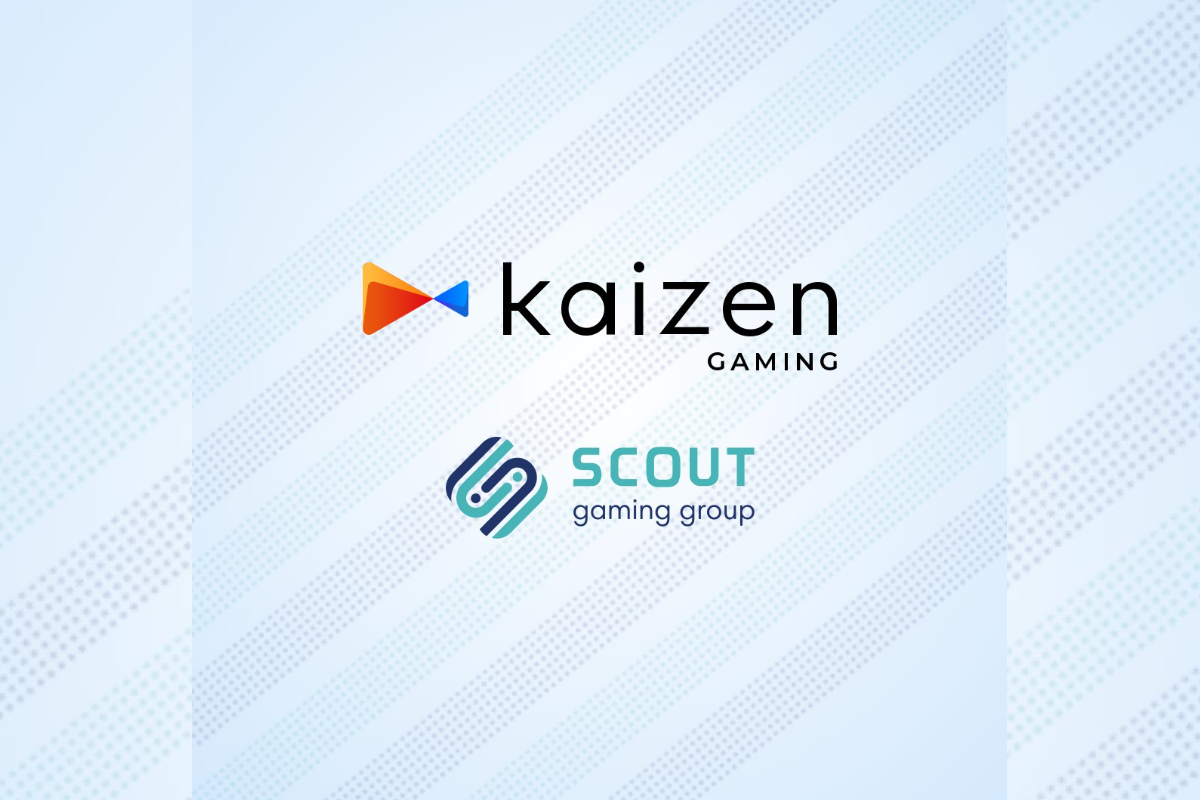
Intema Closes Second Tranche of Financing
Intema Solutions Inc. is pleased to announce that further to its press releases dated June 17, 2021 and August 31, 2021, it has completed a second tranche of its non-brokered private placement of subscription receipts (the “Private Placement”), bringing the total gross proceeds to $10,007,000 of a maximum of $15,000,000. The second tranche consisted of the issuance of 8,594,000 subscription receipts (each a “Subscription Receipt”) at a price of $0.50 per Subscription Receipt (the “Subscription Price”) for gross proceeds of $4,297,000. The Private Placement is being undertaken by the Corporation in connection with its previously announced proposed transaction (the “Proposed Transaction”), whereby the Corporation will acquire all of the issued and outstanding securities of Livestream Gaming Ltd. (“Livestream”), owner of LOOT.BET.
“We are pleased and proud that our current and future shareholders have shown such confidence in Intema’s future plans, allowing us to reach the minimum amount we set for the Livestream acquisition,” said Laurent Benezra, President and CEO of Intema. “With the progress we have made in recent weeks and the continued momentum in the esports and iGaming sectors, we have seen a significant increase in demand for our financing, which leads us to believe that we’ll be able to reach our $15 million target.”
The Subscription Receipts were issued pursuant to a subscription receipt agreement entered into between Intema and the subscription receipt agent (the “Subscription Receipt Agreement”). Pursuant to the Subscription Receipt Agreement, each Subscription Receipt will be automatically exchanged for one unit of the Corporation (a “Unit”), requiring no additional consideration or action on the part of the holder, upon the satisfaction of certain escrow release conditions in connection with the Proposed Transaction, including (i) all conditions precedent to the completion of the Proposed Transaction having been satisfied, (ii) the Corporation not being in breach or default of any of its covenants or obligations under the Subscription Receipt Agreement, and (ii) the escrow agent having received a notice from the Corporation that all conditions precedent to the completion of the Proposed Transaction have been satisfied or waived, other than the release of the escrowed funds to the Corporation pursuant to the Subscription Receipt Agreement (the “Escrow Release Conditions”). All proceeds of the Private Placement are being held in escrow pending the satisfaction of the Escrow Release Conditions. If the Proposed Transaction is not completed within 180 days of the closing of the first tranche of the Private Placement, the Subscription Receipts will be deemed to be cancelled and the holders of Subscription Receipts will receive an amount equal to the aggregate Subscription Price of their Subscription Receipts and the interest earned, if any, on such Subscription Price.
Each Unit consists of one common share of the Corporation (a “Common Share”) and one-half of one common share purchase warrant of the Corporation (each whole warrant, a “Warrant”). Each Warrant entitles the holder thereof to purchase one Common Share at an exercise price of $0.90 for a period of 12 months from the date of issuance.
In connection with the Private Placement, the Corporation, upon satisfaction of the Escrow Release Conditions, shall pay eligible arm’s length parties (each a “Finder”): (i) a cash fee of 6% of the aggregate value of Subscription Receipts sold pursuant to the Private Placement in respect of subscriptions referred to the Corporation or directly sourced by the Finder and issued on the closing of the first tranche of the Private Placement; and (ii) a number of Finders warrants (each a “Finder Warrant“) equal to 8% of the Subscription Receipts sold that were referred to or directly sourced by the Finder to the Corporation. The Finder Warrants will be issued on the same terms as the Warrants.
The Corporation intends to use the net proceeds raised under the Private Placement entirely to fund the Proposed Transaction.
Certain officers and a director of the Corporation subscribed for an aggregate of 750,000 Subscription Receipts pursuant to the Private Placement, for total aggregate proceeds of $375,000. As a result of this insider participation, the Private Placement constitutes a related-party transaction as defined under Multilateral Instrument 61-101 (“MI 61-101”). Neither the Corporation, nor to the knowledge of the Corporation after reasonable inquiry, a related party, has knowledge of any material information concerning the Corporation or its securities that has not been generally disclosed. The Private Placement is exempt from the formal valuation and minority shareholder approval requirements of MI 61-101, as it was a distribution of securities for cash and neither the fair market value of the Subscription Receipts distributed to, nor the consideration received from, interested parties exceeded $2,500,000. The Corporation did not file a material change report more than 21 days before the expected closing of the Private Placement because the details of the participation therein by related parties of the Corporation were not settled until shortly prior to the first closing of the Private Placement and the Corporation wished to close on an expedited basis for business reasons.
The Proposed Transaction is subject to a number of conditions, including, without limitation, approval of the TSX Venture Exchange. There can be no assurance that the Proposed Transaction will be completed as proposed or at all.










